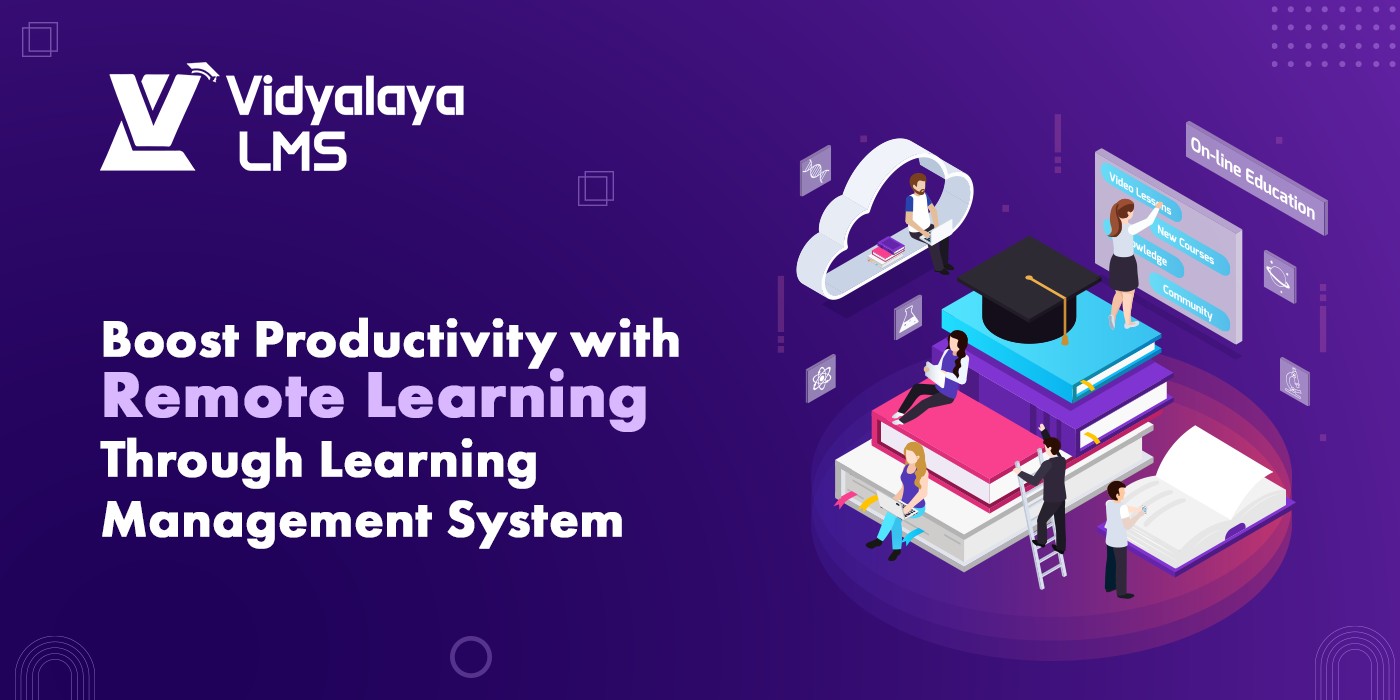Measuring training effectiveness is crucial for organizations to ensure their learning programs deliver real value and drive meaningful results. Vidyalaya LMS for Employee Training provides comprehensive analytics and metrics that help training managers, HR professionals, and leaders evaluate the success of their educational initiatives. Understanding these key performance indicators enables organizations to make data-driven decisions, optimize their training programs, and demonstrate the tangible impact of learning investments on business outcomes.
Data-Driven Learning Revolution:
In today’s competitive business landscape, organizations invest significant resources in employee training and development programs. However, without proper measurement and evaluation, it’s impossible to determine whether these investments are yielding the desired results. This is where robust Learning Management Systems like Vidyalaya LMS become invaluable, offering sophisticated tracking and analytics capabilities that transform raw training data into actionable insights.
The challenge many organizations face isn’t just delivering training content but proving its effectiveness and value to stakeholders. Traditional training methods often leave companies guessing about their program’s impact, relying on basic completion rates or subjective feedback. Modern LMS platforms have revolutionized this approach by providing comprehensive metrics that paint a complete picture of learning effectiveness.
Growing Importance of Training Measurement:
The demand for measurable training outcomes has skyrocketed as organizations recognize the direct correlation between employee development and business performance. Companies are no longer satisfied with simply checking the box on compliance training or professional development requirements. They want to understand how training translates into improved job performance, increased productivity, reduced errors, and enhanced employee satisfaction.
Research consistently shows that organizations with effective training measurement systems achieve better ROI from their learning initiatives. They can identify which programs work, which need improvement, and where to allocate resources for maximum impact. This data-driven approach has made training effectiveness measurement not just a nice-to-have feature, but a business necessity.
Your Roadmap to Training Excellence:
This comprehensive guide will explore the essential metrics and measurement strategies that Vidyalaya LMS employs to evaluate training effectiveness. We’ll delve into both quantitative and qualitative indicators that provide a holistic view of learning program success. From basic engagement metrics to advanced performance analytics, we’ll cover the full spectrum of measurement tools available to training professionals.
You’ll discover how to interpret key performance indicators, set meaningful benchmarks, and use data visualization features to communicate training impact to stakeholders. We’ll also examine real-world scenarios where these metrics have helped organizations optimize their training strategies and achieve measurable business results.
Why Training Effectiveness Measurement Matters?
Effective measurement of training programs serves multiple critical purposes beyond simple compliance tracking. First, it provides accountability and demonstrates the value of learning investments to senior leadership. When training departments can show concrete evidence of improved performance, skill development, and business impact, they secure continued support and funding for future initiatives.
Second, measurement enables continuous improvement. By analyzing learner behavior, completion patterns, and performance outcomes, training teams can identify gaps in content, delivery methods, or program design. Training Effectiveness with LMS ensures that training programs evolve and improve over time, becoming more effective and engaging.
Key Metrics for Measuring Training Success:-
Engagement and Participation Metrics:
Vidyalaya LMS tracks learner engagement through multiple touchpoints, including login frequency, time spent on modules, and interaction with content elements. These metrics reveal how actively learners are participating in training programs and can identify potential issues with content relevance or accessibility.
Knowledge Acquisition and Retention:
Assessment scores, quiz performance, and knowledge checks provide insights into how effectively learners are absorbing and retaining information. The platform tracks both immediate learning gains and long-term retention through spaced repetition and follow-up assessments.
Skill Application and Performance Transfer:
The most valuable training metrics measure whether learners can apply new knowledge and skills in their actual work environment. Vidyalaya LMS integrates with performance management systems to track on-the-job application and behavioral changes following training completion.
Business Impact Indicators:
Advanced analytics connect training participation to business outcomes such as productivity improvements, error reduction, customer satisfaction scores, and employee retention rates. These metrics demonstrate the tangible ROI of training investments and support strategic decision-making.
Learner Satisfaction and Feedback:
Qualitative metrics, including course ratings, feedback surveys, and Net Promoter Scores, provide valuable insights into the learner’s experience. This feedback helps identify areas for improvement and ensures training programs meet learner needs and expectations.
Conclusion:
At Vidyalaya LMS, we believe that training is only as good as the outcomes it produces. By leveraging key metrics such as learner progress, engagement levels, assessment performance, and post-training impact, our platform empowers organizations to go beyond just delivering content — we help you measure, analyze, and optimize your training programs for real business results.
Whether you’re aiming to boost employee productivity, ensure compliance, or drive continuous learning, Vidyalaya LMS provides the actionable insights needed to make data-driven decisions. The ability to track ROI and align training with strategic goals is what sets our LMS apart.
Choose Vidyalaya LMS — where smarter measurement leads to smarter growth.



























